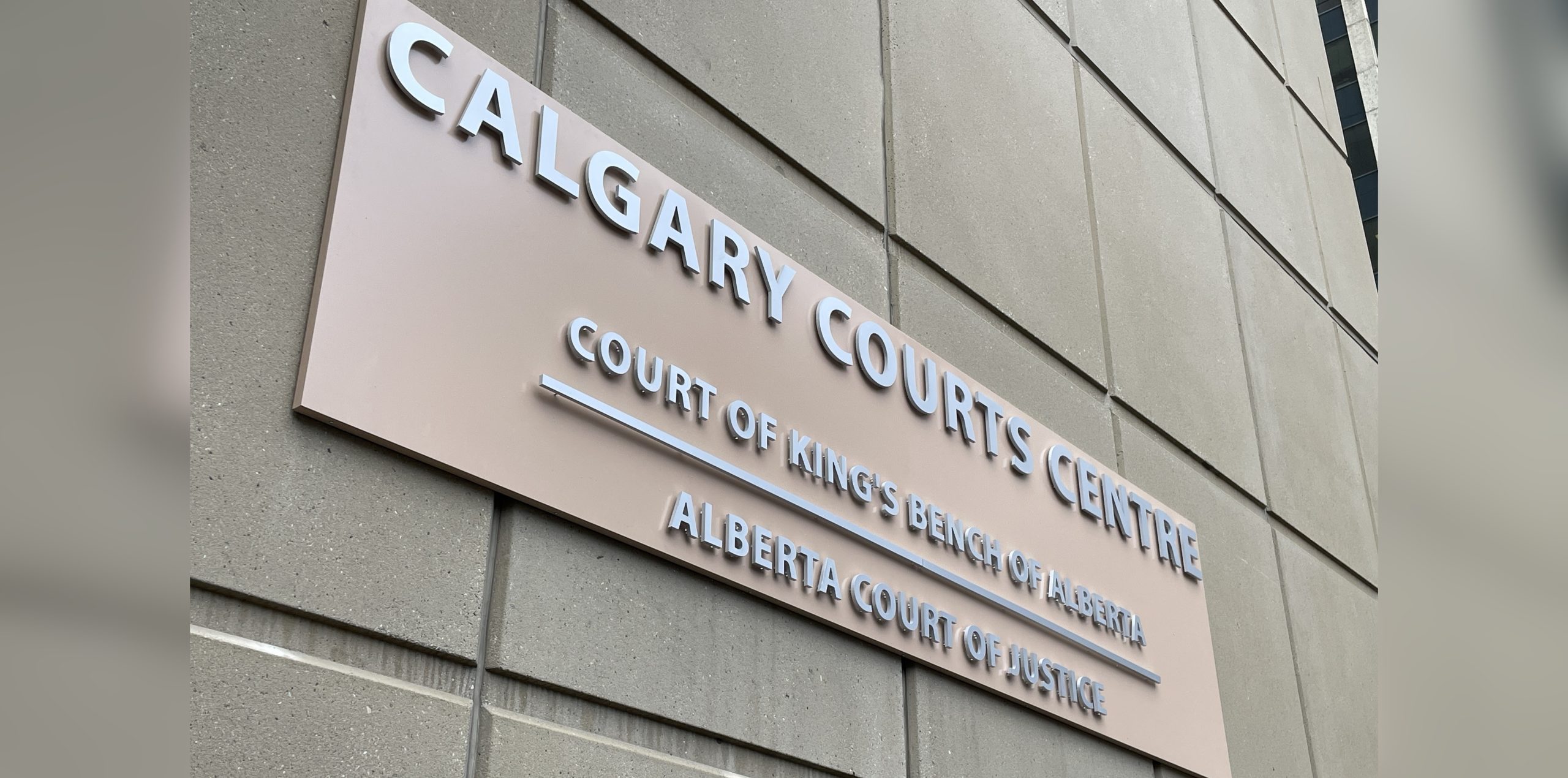
A woman in her 20s can access medical assistance in dying (MAiD) despite her father’s bid to block the request, a Calgary judge ruled.
A court-order publication ban prevents any identifiable information about the two from being revealed. Instead, the daughter is referred to as MV and the father as WV.
Two doctors have already approved MV to receive MAiD on Feb. 1, but her father appealed, saying she does not meet the criteria and believing she is vulnerable and not “competent to make the decision to take her own life,” according to court documents.
WV says his daughter is “generally healthy” and believes her physical symptoms are the result of “undiagnosed psychological conditions” under her current diagnosis of autism and ADHD. He alleges the conditions led her to “become obsessed with MAiD.”
As a result, a judge granted the father a temporary injunction on Jan. 31, a day before her planned date of death.
Judge hears from both at injunction hearing
At the injunction hearing on March 11, MV said her father has no standing to challenge her private medical condition or the judgement of her doctors, adding her decision to seek MAiD is “personal and private and not reviewable by the Court.”
Justice Colin Feasby says in his written decision released on March 25 he considered the assertion from WV that his daughter does not have the capacity to choose MAiD but says the issue “cannot be determined by the Court in the proceeding as it is currently framed.”
“MV is an adult and has capacity unless and until it is determined through the correct legal process that she does not have capacity,” Feasby wrote.
“I acknowledge that there is merit to some of MV’s criticisms of WV’s pleadings but I make it clear that curable defects in a pleading cannot be a determining factor in an urgent case like this where a life hangs in the balance.”
Feasby also says the claims of MV’s undiagnosed mental conditions in addition to her autism and ADHD diagnoses “does not mean that MV lacks capacity.”
“Many people with these conditions have capacity and make important life decisions everyday. And there is no evidence before the Court of undiagnosed psychological conditions apart from WV’s speculation,” he said.
As a result, he concluded that “MV’s dignity and right to self-determination outweighs the important matters raised by WV and the harm that he will suffer in losing MV,” setting aside the interim injunction.
Balance of harms
Feasby says the decision must be balanced in the harm to WV if an injunction is not granted, and to MV if there is one.
“The profound grief that is caused by the death of a child – and the harm to MV if an injunction is granted – the loss of autonomy and dignity,” he wrote.
He says the harm of losing a child is something no parent should experience, recognizing how devastating her parents would be at her death.
“For many parents, the loss of a child is a life changing event that they never truly recover from. The loss is immeasurable,” he said.
However, the injunction would harm the “core of her being,” denying her the right to choose between living or dying with dignity.
“Further, an injunction would put MV in a position where she would be forced to choose between living a life she has decided is intolerable and ending her life without medical assistance,” Feasby said.
“This is a terrible choice that should not be forced on MV as attempting to end her life without medical assistance would put her at increased risk of pain, suffering, and lasting injury.”
The decision has been stayed for 30 days, during which WV is permitted to appeal.
“To MV, I say this. I do not know you and I do not know why you seek MAiD. Your reasons remain your own because I have respected your autonomy and your privacy. My decision recognizes your right to choose a medically assisted death; but it does not require you to choose death,” Feasy said in his conclusion.
“What I know of your journey through the healthcare system from the evidence in this case suggests that you have struggled to find a doctor who could diagnose your condition and offer appropriate treatment. Trying to navigate the healthcare labyrinth to find the right specialist and get the best treatment plan can be frustrating and disheartening.
“Though the AHS MAiD Policy identifies only mental health and disability support services, in my view, the obligation on your doctors extends to offering to arrange appointments with any sort of specialist who may have greater insight into your condition and be able to offer you more effective treatment.”